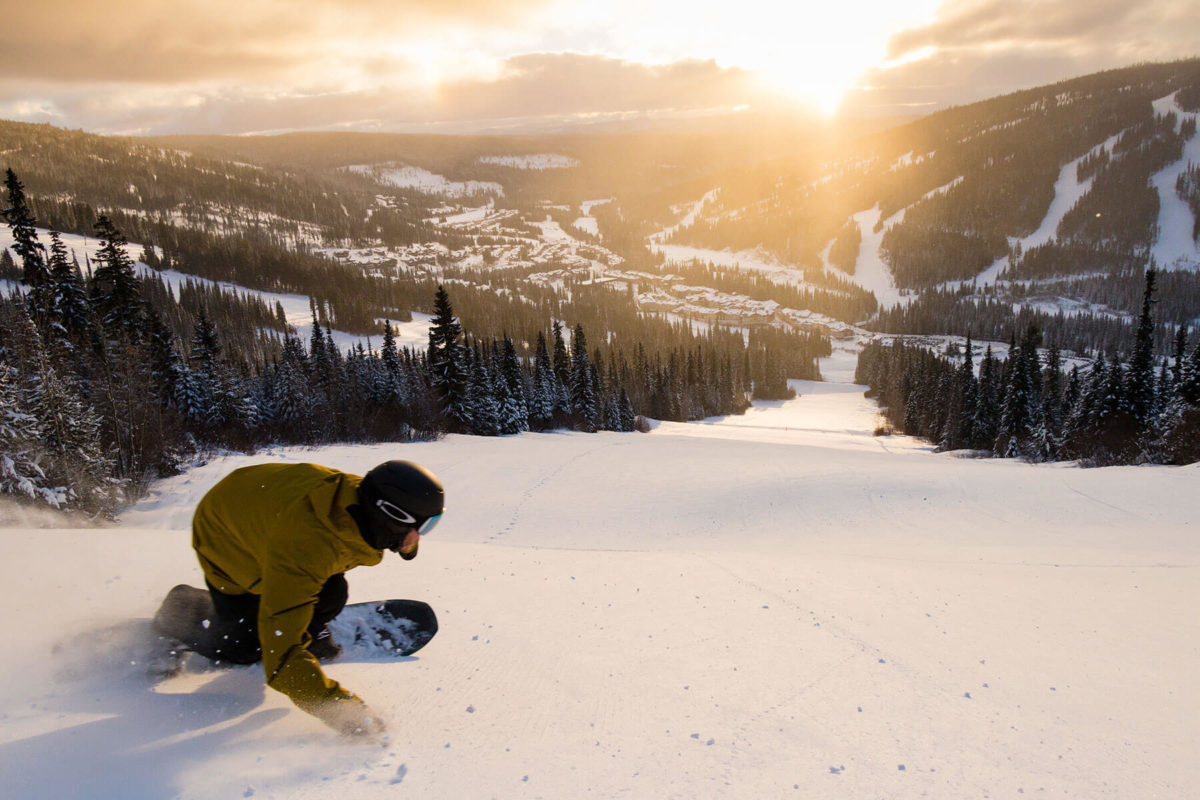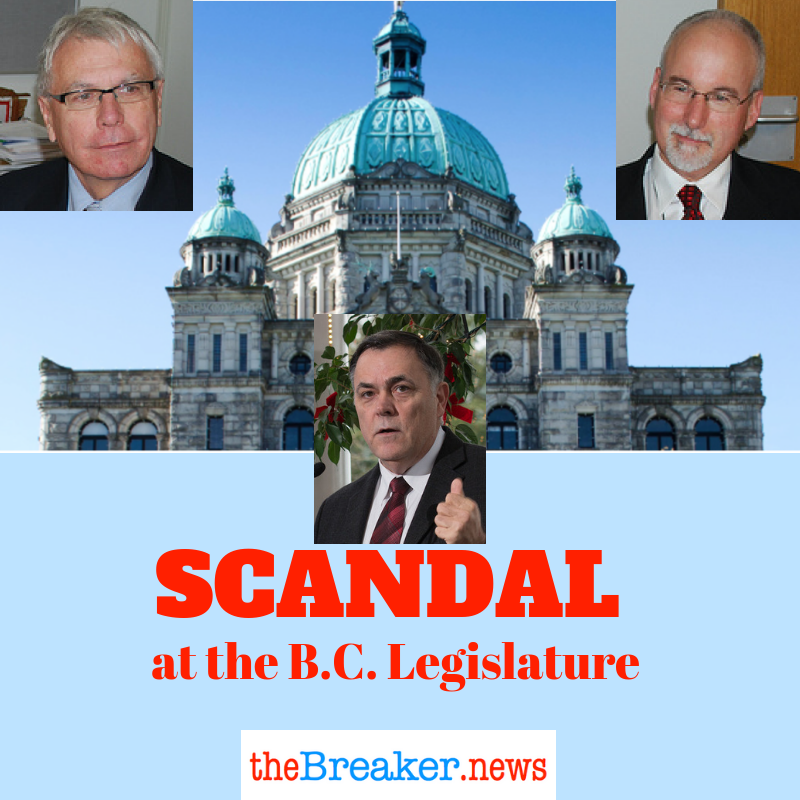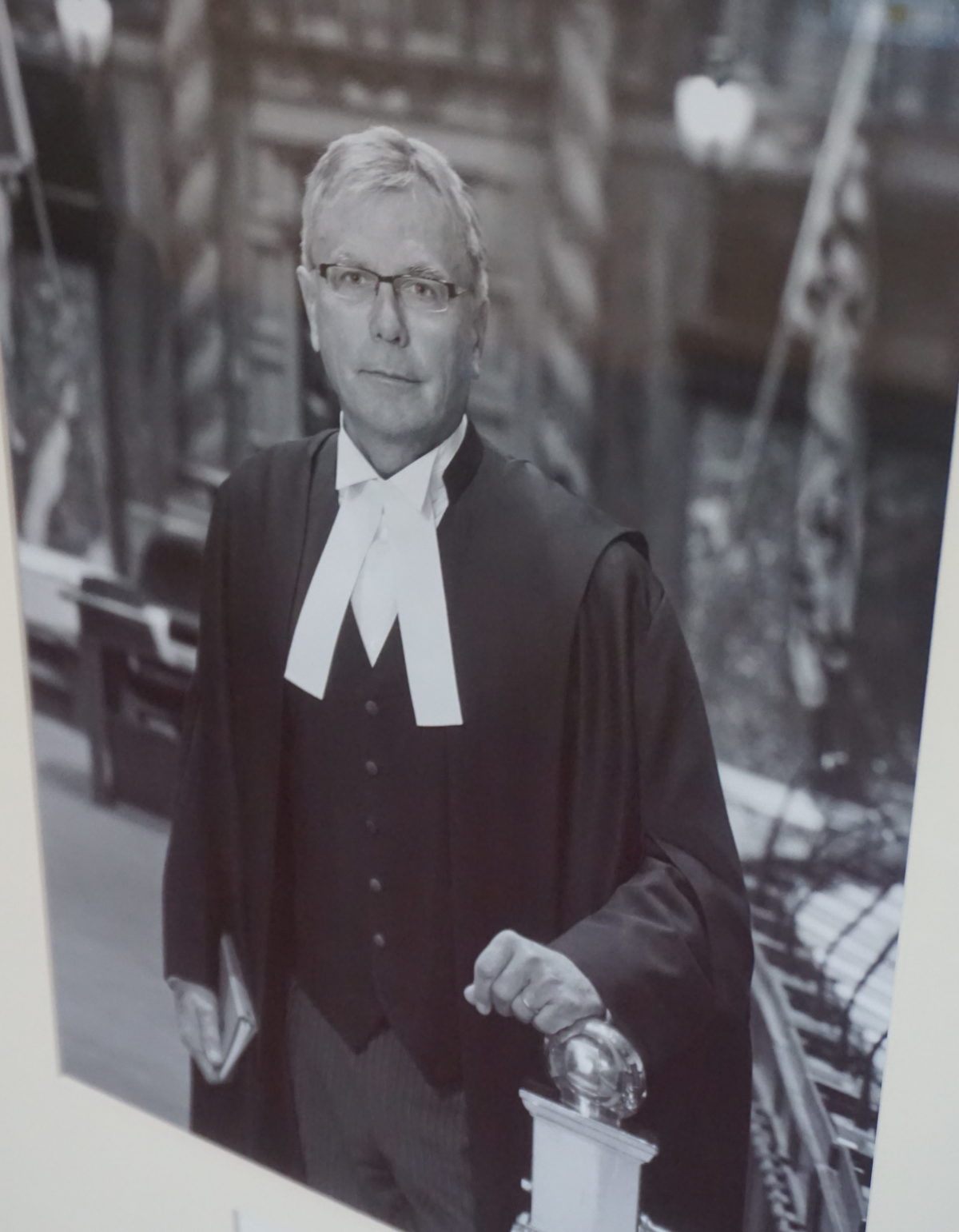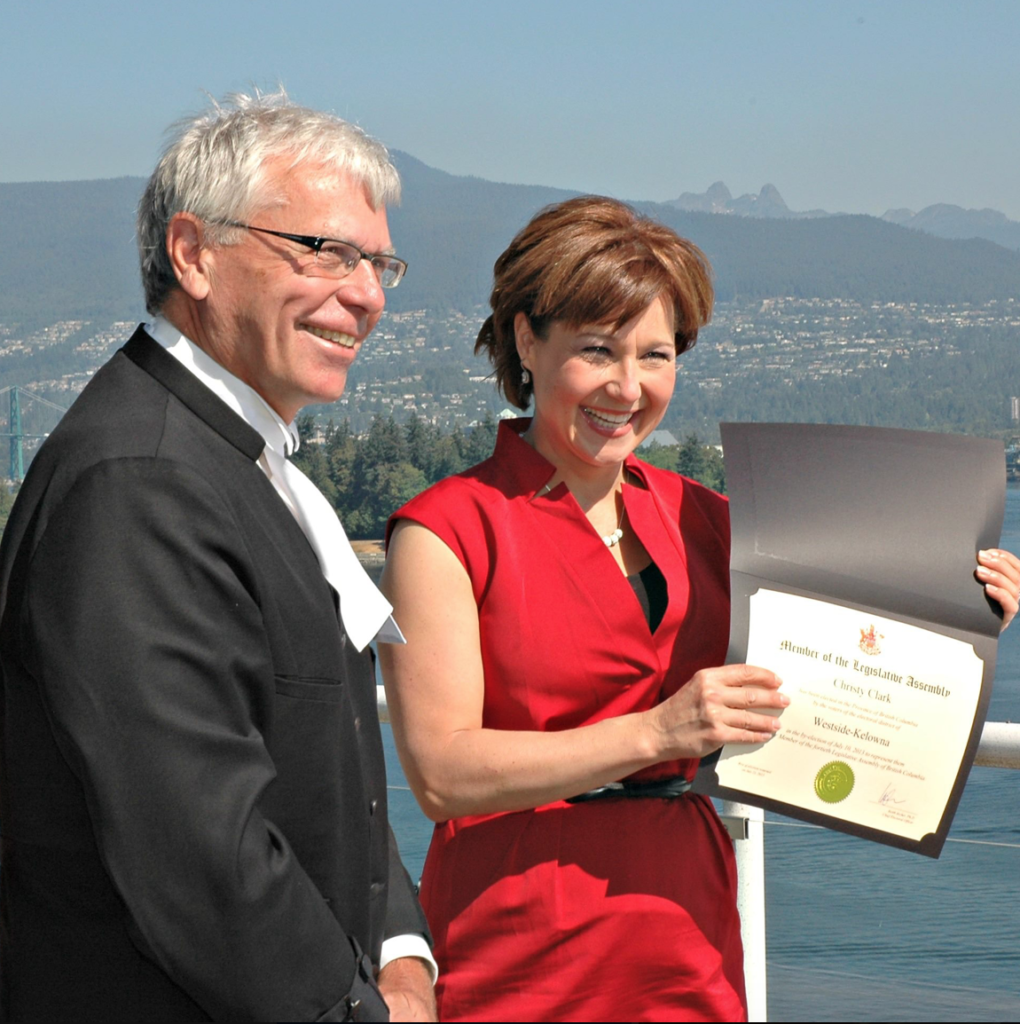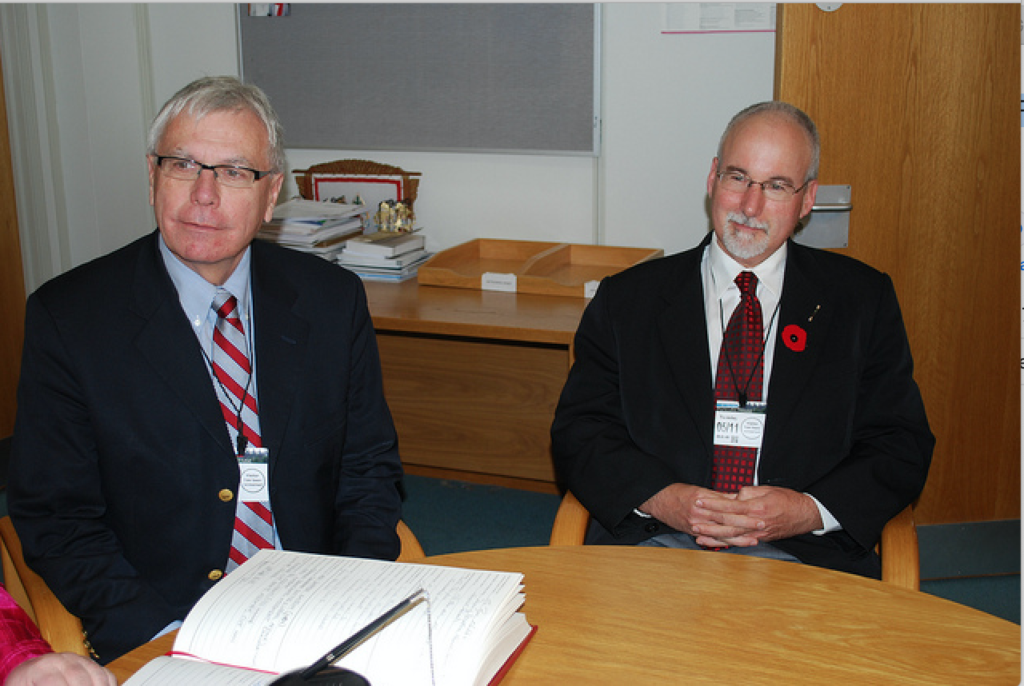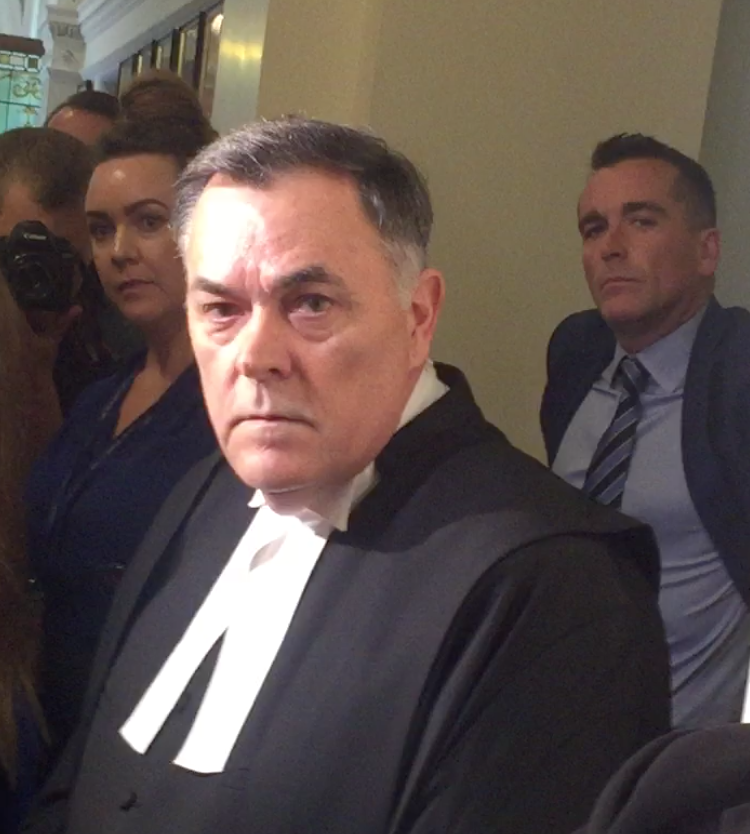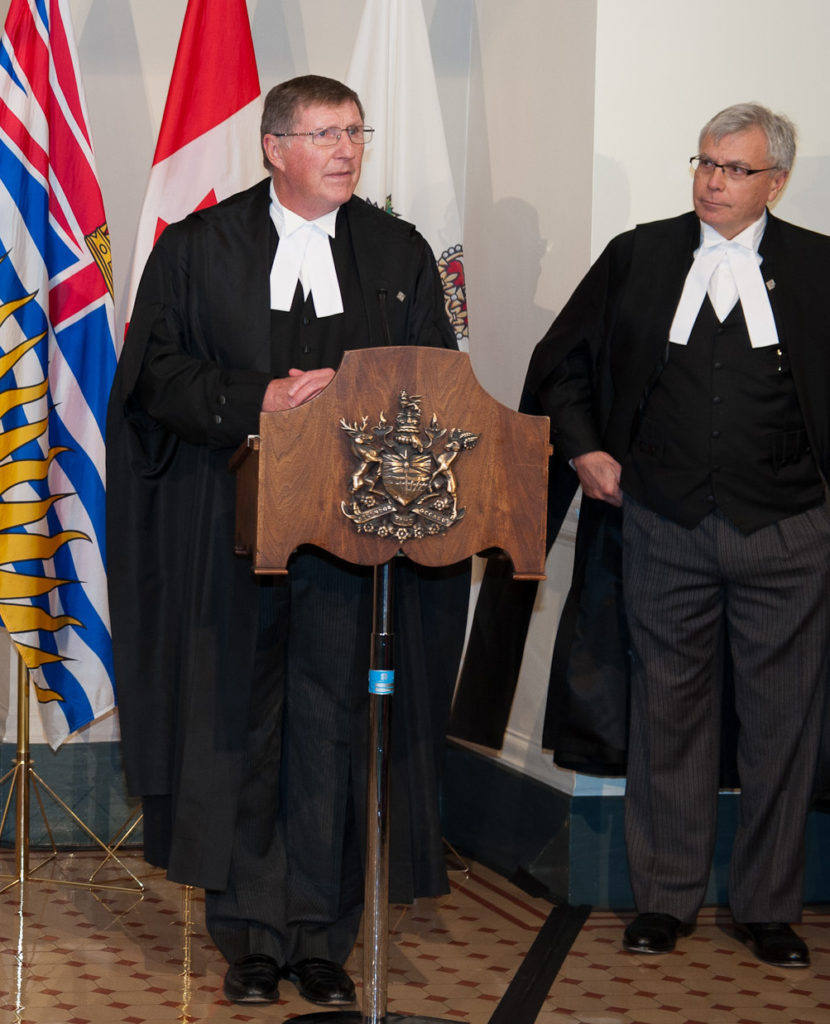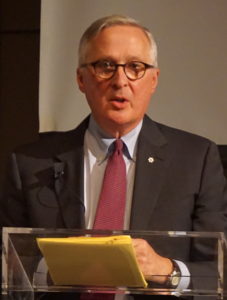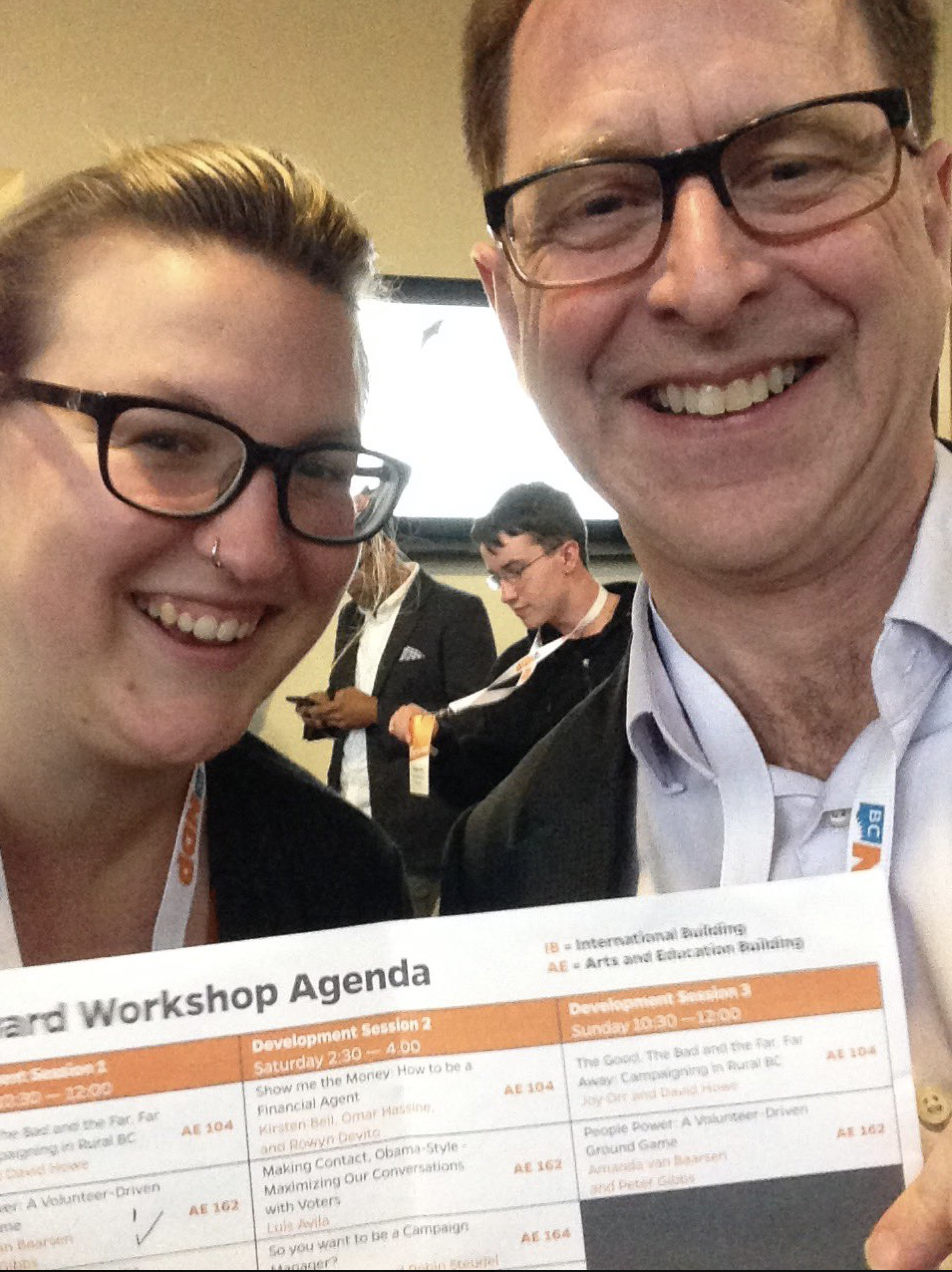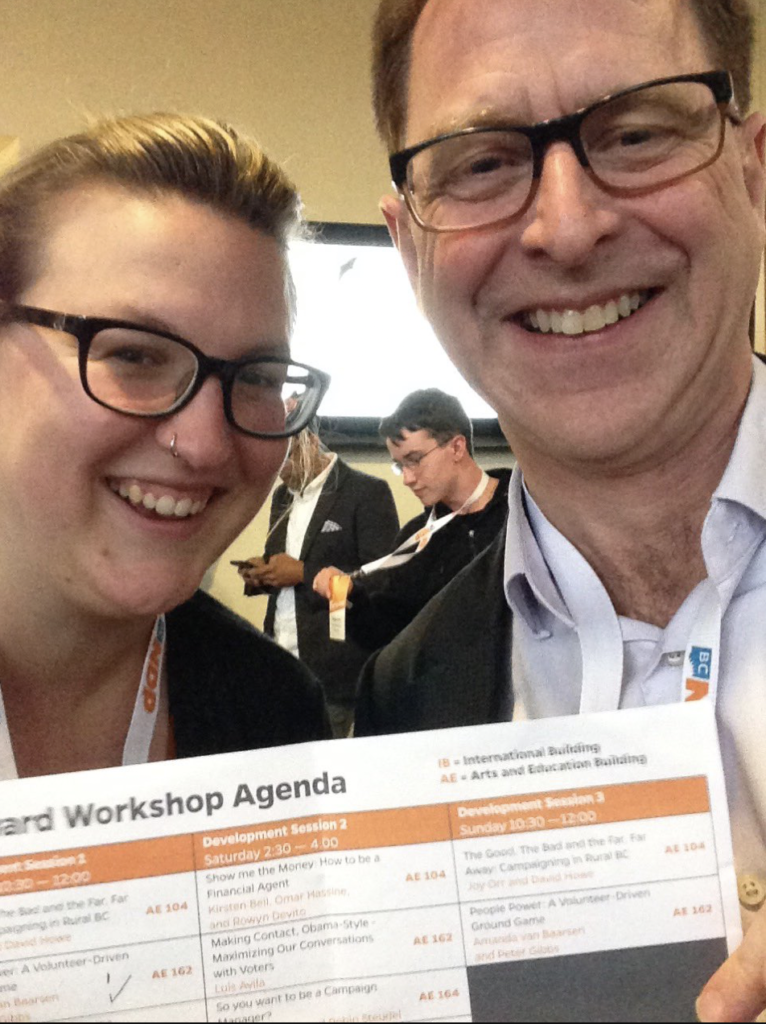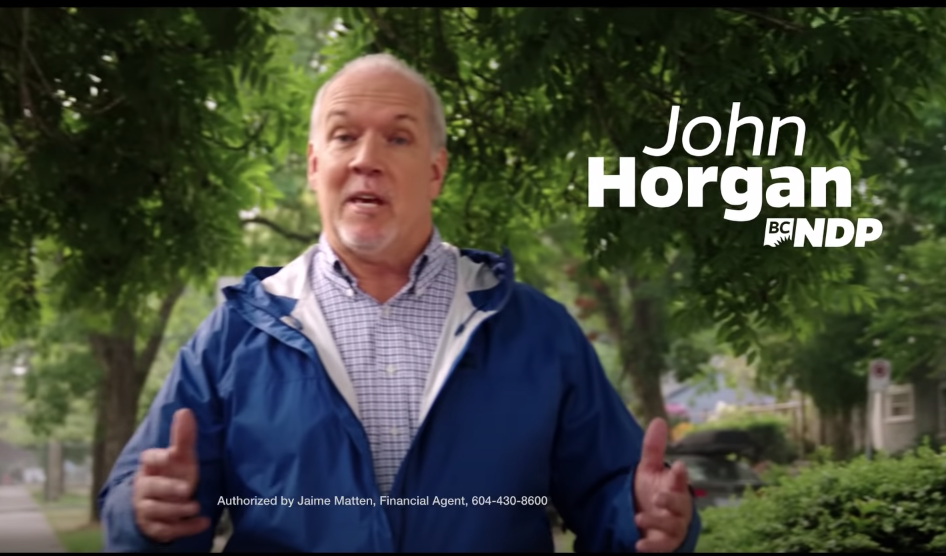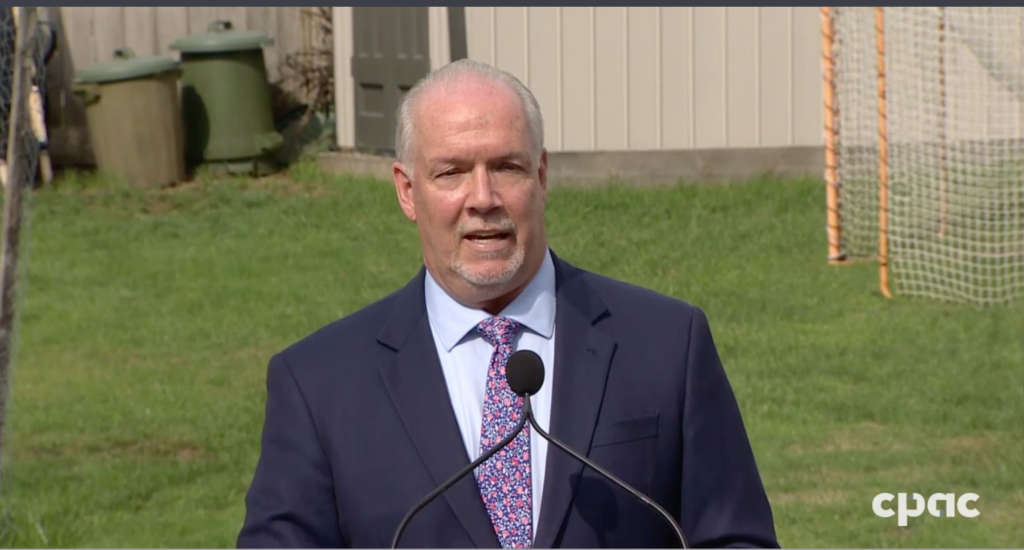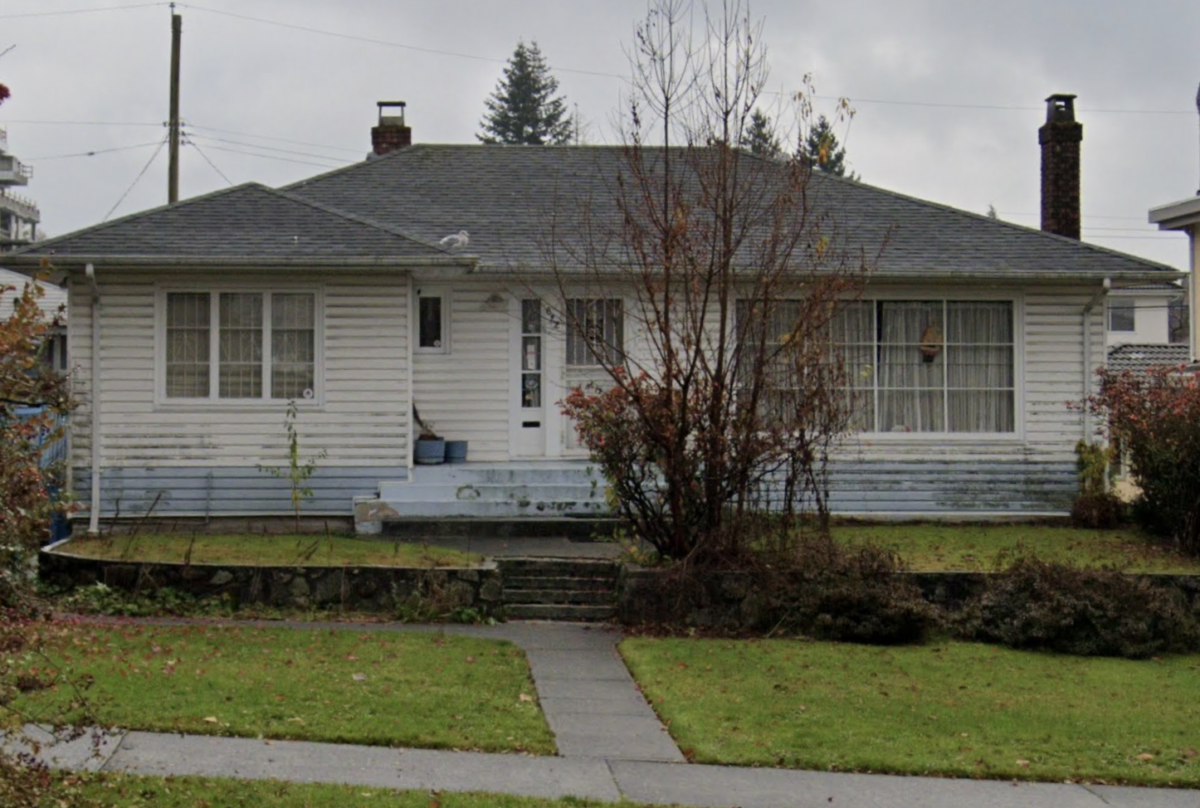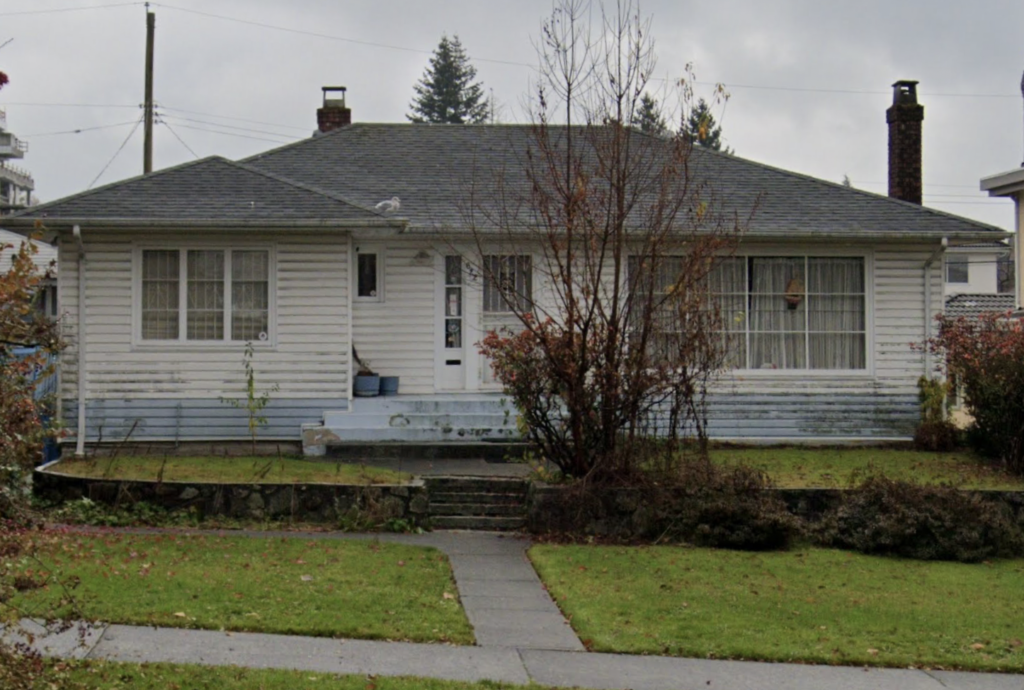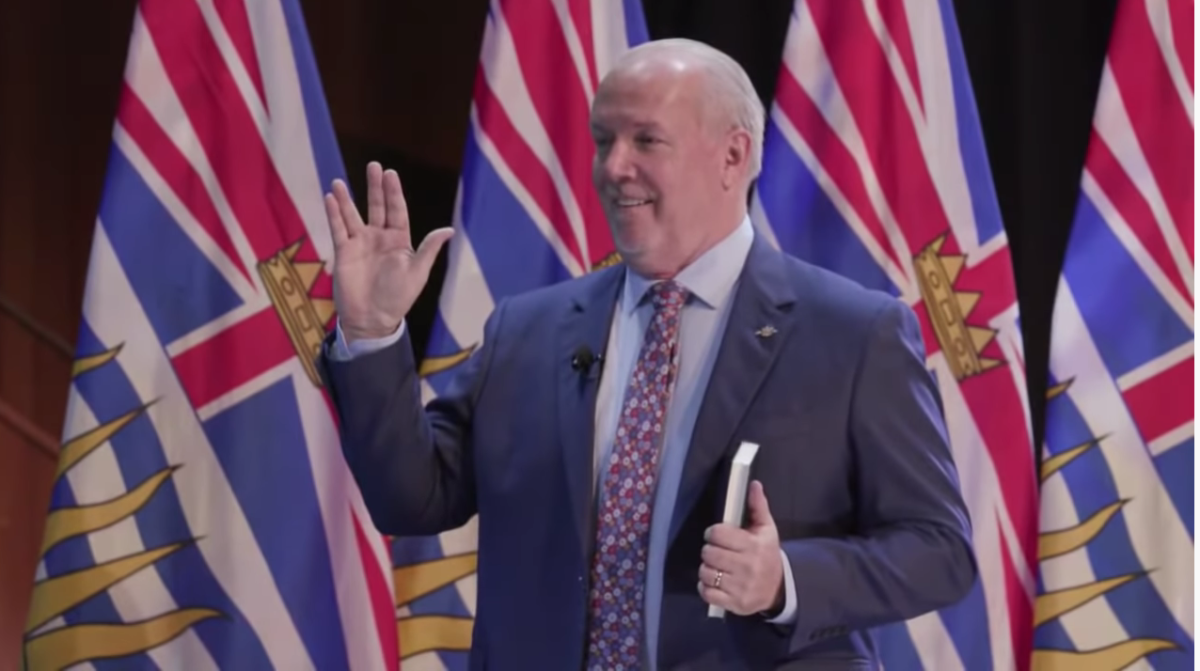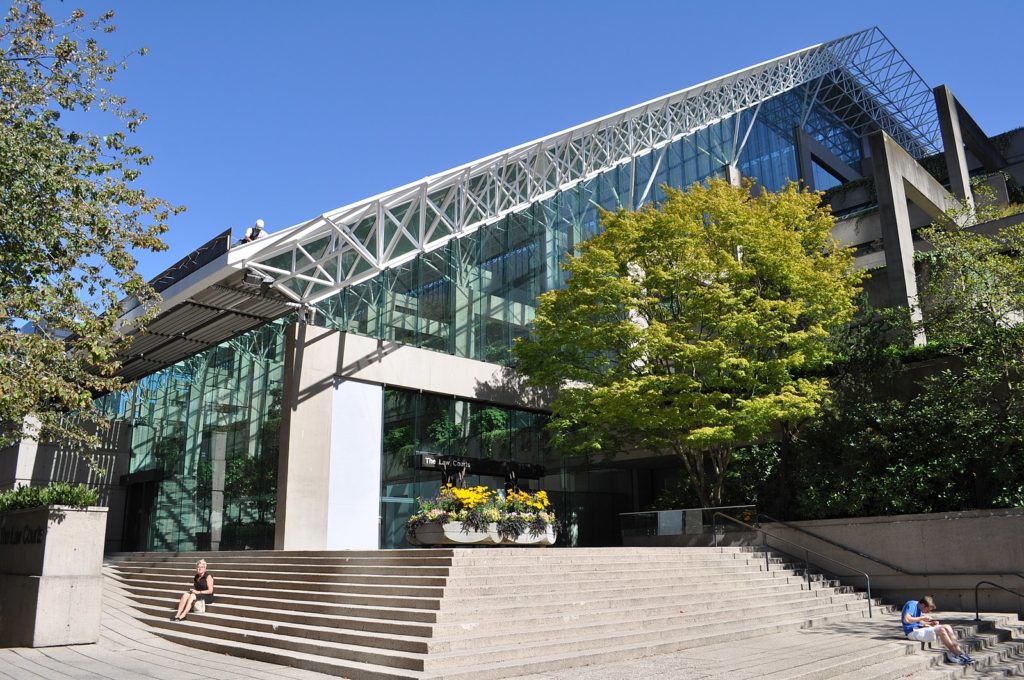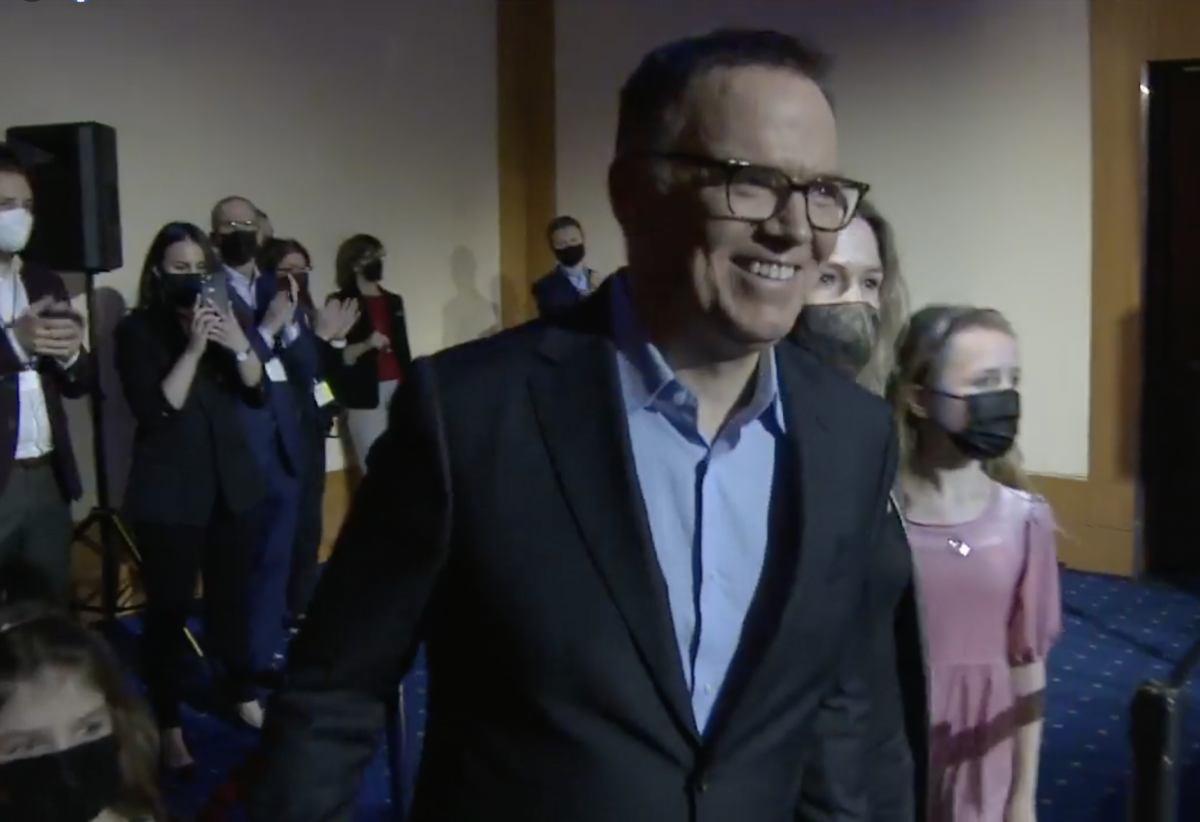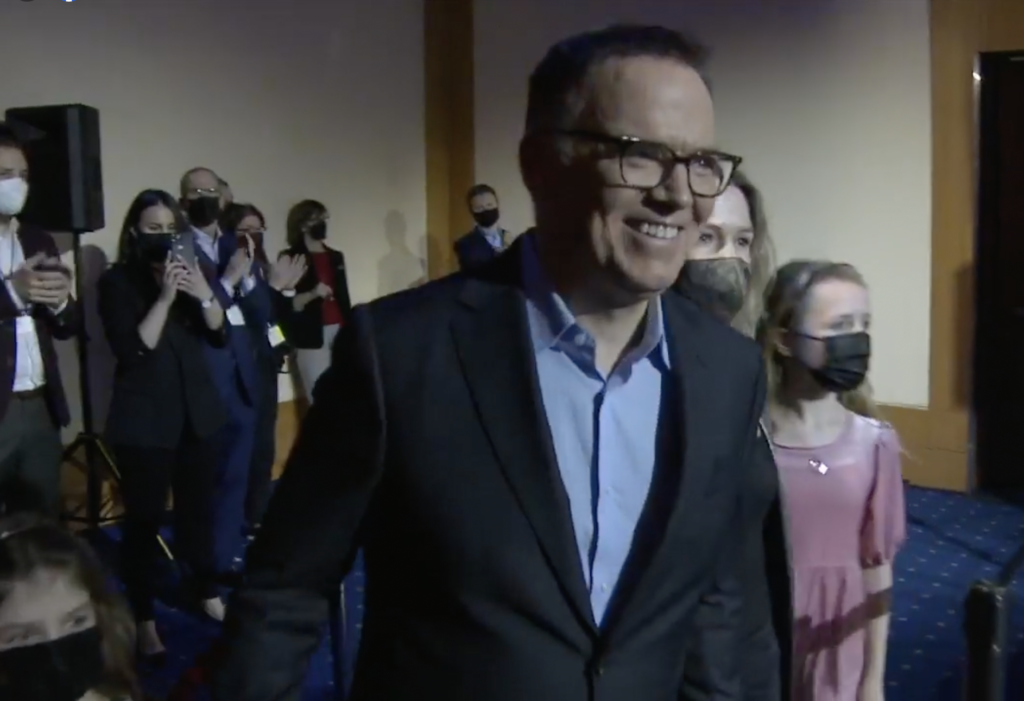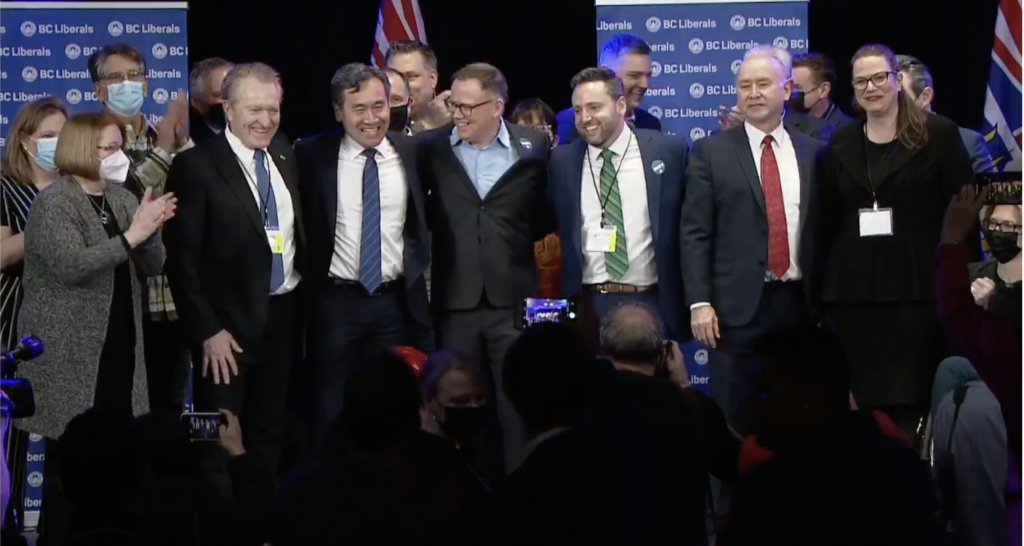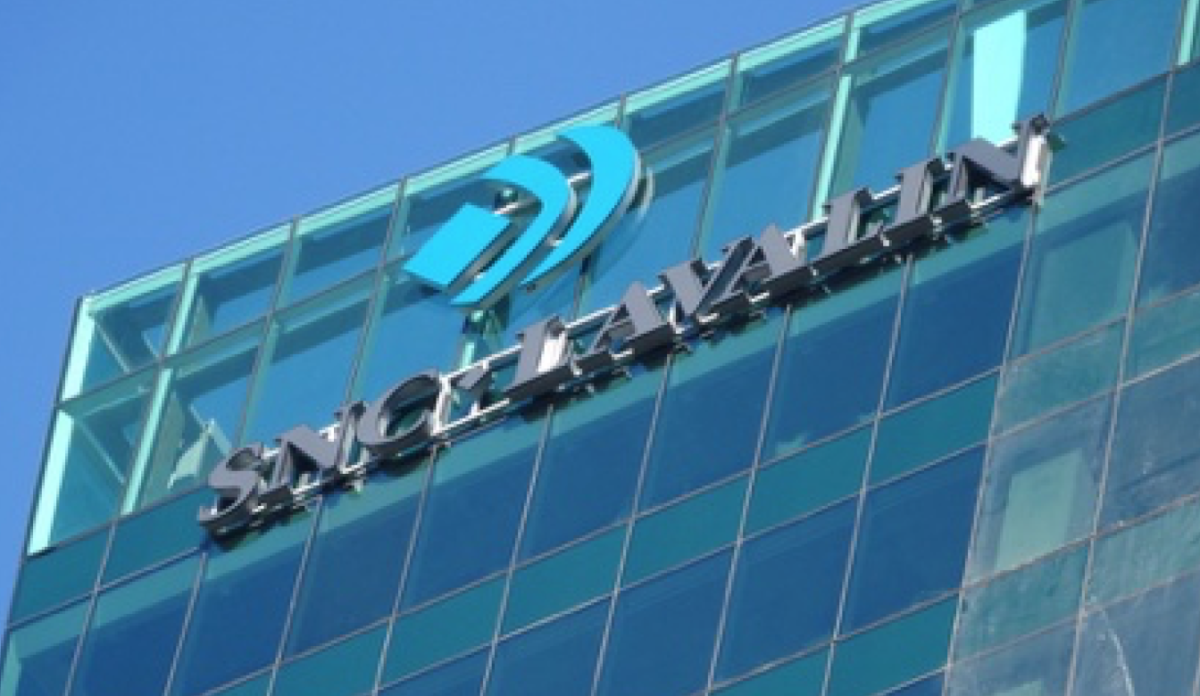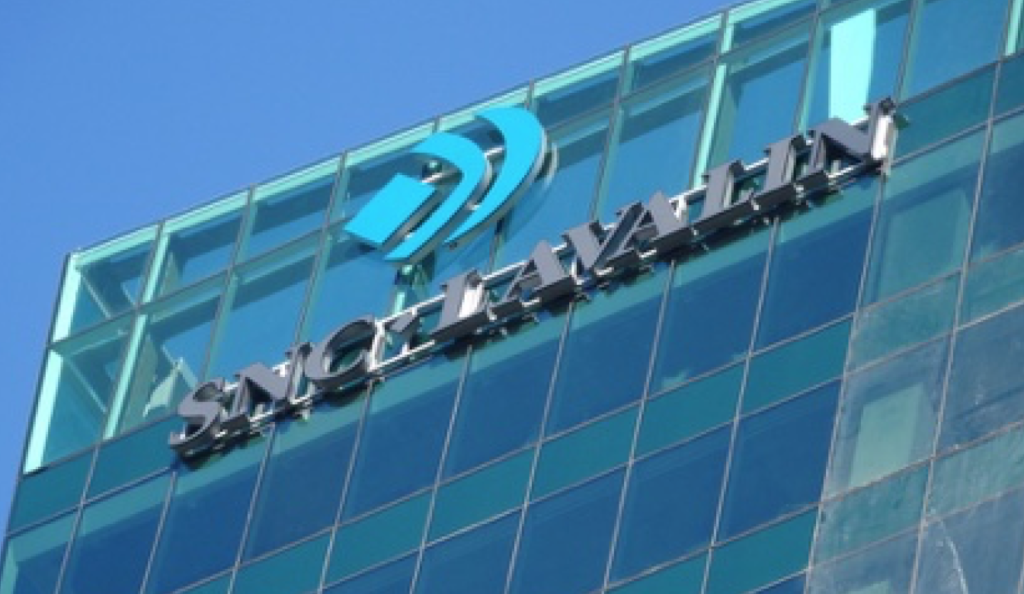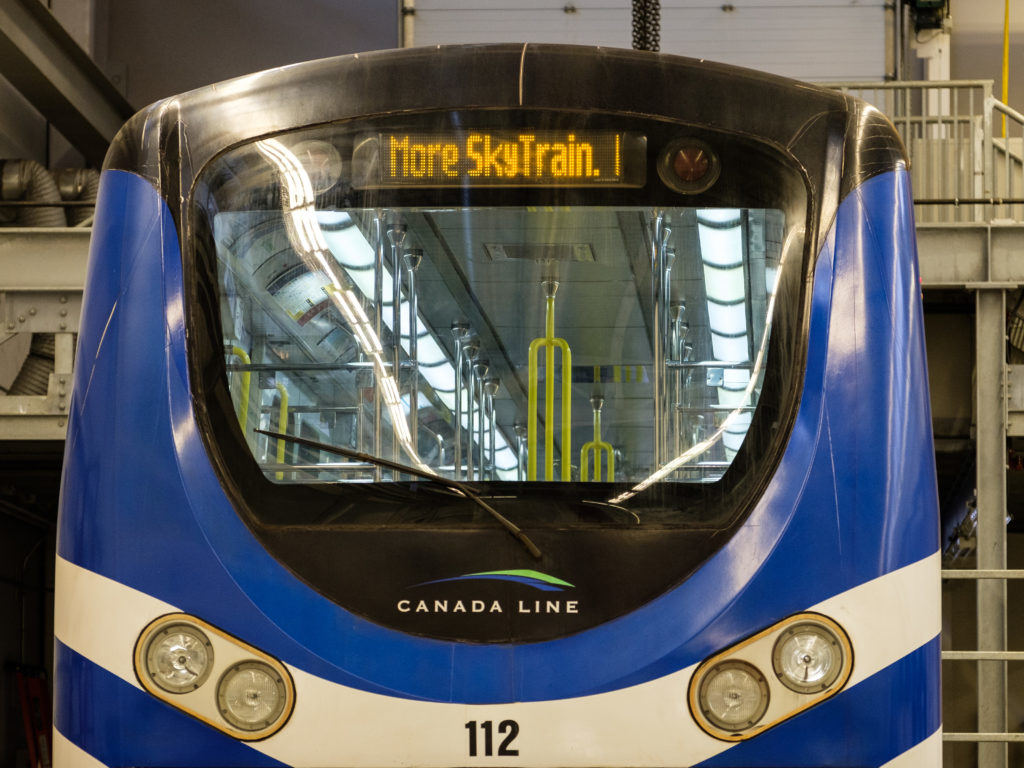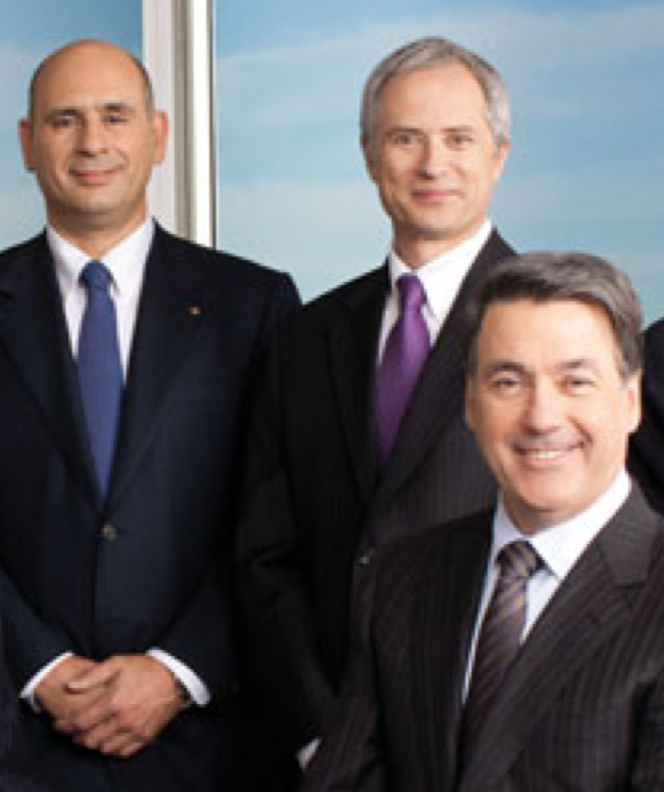Sneak peek at the Vancouver 2030 Winter Olympics bid’s unlikely venues: Sun Peaks, Agrodome and Hastings Racecourse
Bob Mackin
Details are emerging of the 2030 Winter Olympics bid by Vancouver, and there are some significant changes coming for venues and – at least for now – the province’s financial role.
Sources have provided documentation on the bid at this stage. A decision on the location of the 2030 Games is expected in a year. It reveals the extent of new and revised facilities a successful bid would use, although there are no price tags applied for the time being.
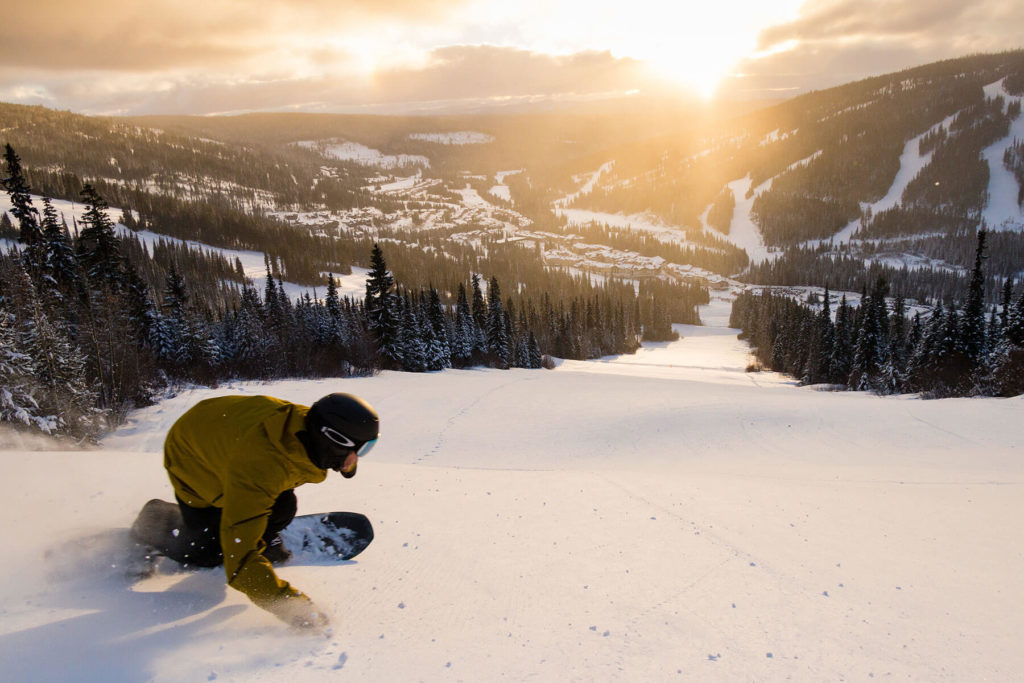
Snowboarding at Sun Peaks near Kamloops (Sun Peaks Resort)
The most politically significant is what isn’t said by the province. For the 2010 Games, the B.C. government was the guarantor and a large player in building infrastructure. So far, the John Horgan government is indicating these Games are to be borne by municipalities and the federal government; it has not proposed any support at this stage.
One of the most embarrassing venues in 2010 was Cypress Mountain in West Vancouver, where snow turned to slush and officials scrambled to make snowboarding and freestyle skiing happen. Even though there is a new resort planned for Brohm Ridge near Squamish, a venue that would have strong connections to the Indigenous leadership involved in the bid, the plan is to move the Cypress events to Sun Peaks, north of Kamloops, according to a venue concept map shown confidentially to theBreaker.news.
There would be sizeable upgrades to Vancouver’s Hastings Park in order to accommodate big air snowboarding and skiing. Curling would come to the 1963-built Agrodome.
The Canadian Olympic Committee’s bid feasibility team doesn’t have detailed cost estimates or government funding commitments. The B.C. NDP government’s 2030 tourism priority is a new provincial museum in the capital. But the COC does have a map that it plans to reveal in June.
Alpine skiing would remain at Whistler-Blackcomb. Bobsledding, skeleton and luge at the Whistler Sliding Centre. Nordic sports at the Whistler Olympic Park in the Callaghan Valley.
No surprise, the Vancouver Convention Centre would be the media hub again and B.C. Place Stadium the site of opening and closing ceremonies, with hockey games at Rogers Arena and UBC Thunderbird Arena and practices at Killarney and Britannia community rinks. A new community rink in Northeast False Creek could be added.
The Richmond Olympic Oval would be retrofitted to bring back the speed skating track. It is not possible to return the Hillcrest Curling Centre to its original use as the Vancouver Olympic Centre curling arena. Instead, the rocks would be thrown and swept inside the Agrodome, one element of a Hastings Park cluster that would see figure skating and short-track speed skating return to the Pacific Coliseum.
Big air snowboarding and skiing fans would giddy-up to the city’s oldest sporting venue, Hastings Racecourse. Big air debuted this year in Beijing, but the North Shore mountains would provide a more pleasant backdrop than the concrete cooling towers at the Chinese capital’s former steel mill.
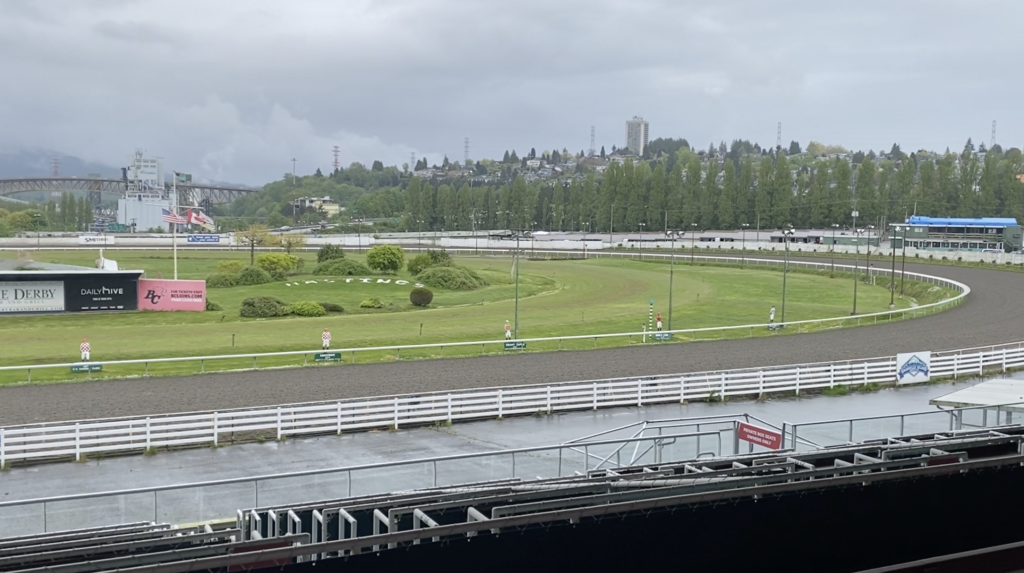
Hastings Racecourse (Mackin)
The fourth component of the Hastings Park cluster is the Pacific National Exhibition Amphitheatre for nightly medals ceremonies and concerts. That was B.C. Place’s other job in 2010. The venue beside Playland is already proposed for a major $64.8 million upgrade by 2026, with a covered stage and covered floor seats, bleachers and suites for as many as 9,300 fans.
Athletes’ housing
The most-troublesome indoor venue of 2010 was Vancouver’s $1.1 billion Olympic Village in Southeast False Creek. It needed a pre-Games bailout to get finished and went into receivership after the Games, when condo sales stalled. It is obviously populated, so a new complex would be required for 2,000 athletes.
The Musqueam, Squamish and Tsleil-Waututh nations — three-quarters of 2010’s Four Host First Nations (FHFN) — have a solution. Their Jericho Lands in Point Grey is the preferred site for the 2030 Olympic Village. They also co-own the Heather Lands near Little Mountain.
From May 2-4, a trio of IOC technical experts toured proposed venues. The IOC and COC have refused to say who they were and won’t comment on their itinerary. The visit was part of the IOC’s new “continuous dialogue” approach with potential hosts. Not enough cities can afford the Games anymore. Costly bidding wars are out, closed-door negotiations are in.
The IOC trio visited 2002 host Salt Lake City before Vancouver and is also expected in Sapporo, Japan, site of the 1972 Winter Games. A bid led by 1992 summer host Barcelona is also in the mix. Bidders for 2030 are expected to have observer status when Beijing 2022 officials debrief Milano Cortina 2026 organizers at late-June meetings in Italy.
The 2030 host is expected to be named when the IOC meets at the end of May 2023 in Mumbai, India. That doesn’t allow much time to write a bid book and secure public and government support.
The bid was born at a Greater Vancouver Board of Trade breakfast on Feb. 20, 2020 at the Fairmont Hotel Vancouver. Ex-Vancouver 2010 organizing committee (VANOC) CEO John Furlong used the 10th anniversary celebration to say another Games in 2030 would be the best way to celebrate the 20th anniversary of the first.
But, the pandemic put lobbying on hold for a year.
Furlong met on March 17, 2021 with Asha Bhat, the Assistant Deputy Minister of Tourism, Arts, Culture and Sport, according to documents obtained under freedom of information.
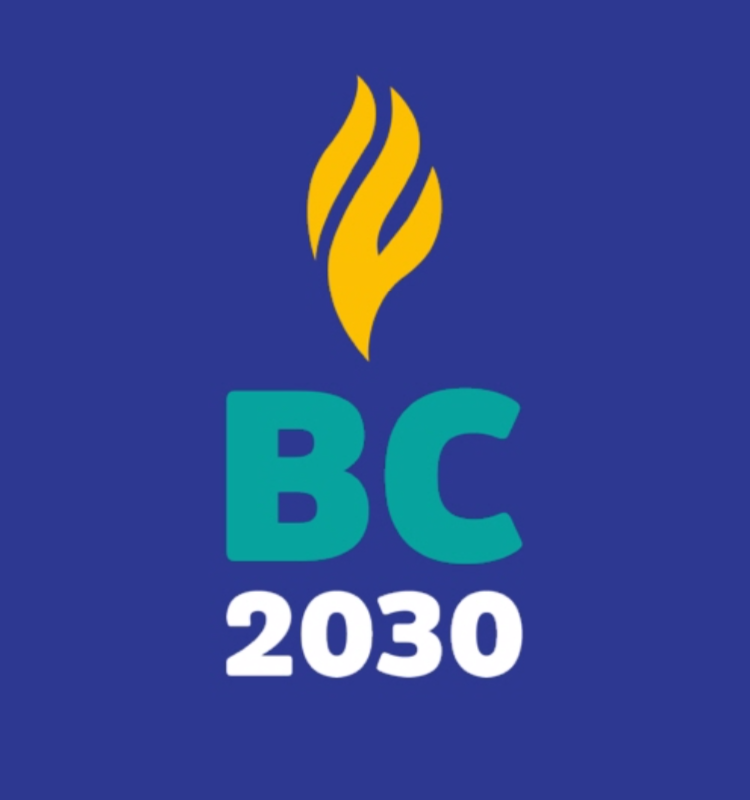
BC 2030 Olympic bid logo (BC Gov/FOI)
The B.C. 2030-branded presentation floated three options: reusing 2010 venues, except for Hillcrest and the Olympic Village; reusing most 2010 venues, plus ones in Victoria and Burnaby; or a regional/provincial Games with venues across the province.
It would cost roughly $2 billion to operate another Games, not including an Olympic Village, renovation or expansion of existing venues, and Games-time security. In 2010, the RCMP and Canadian military spent $900 million.
The fine print said: “Excludes choices governments may make to leverage the Games to invest in infrastructure, community and/or legacy initiatives.”
A series of slides outlining the early-stage thinking about the 2030 bid cited “very positive” initial conversations with First Nations and “measured and positive early conversations with federal government, Whistler, Richmond, Burnaby, Vancouver.”
To that end, it mentioned opportunities for housing and transportation mega-projects, specifically extending the SkyTrain to UBC. It is possible the Four Hosts First Nations (FHFN) could reunite in 2030 and use the Games to meet goals of the Truth and Reconciliation Commission and Declaration of the Rights of Indigenous Peoples Act (DRIPA).
“Opportunity to achieve preferred candidate status; 2034 will have increased competition,” said the presentation. “The timing may never again be this favourable for Canada to win.”
Last December, Vancouver Mayor Kennedy Stewart, Whistler Mayor Jack Crompton and leaders of the Musqueam, Squamish, Tsleil-Waututh and Lil’wat nations signed a memorandum of understanding for an “Indigenous-led” bid.
Furlong is not part of the new bid. Instead, the inner circle comprises COC president Tricia Smith and international relations vice-president Andrew Baker, ex-VANOC operations manager/COC lobbyist Mary Conibear, ex-VANOC sport vice-president Tim Gayda, former Squamish Nation councillor Tewanee Joseph and Skwah First Nation Chief Lara Mussell Savage. Joseph and Savage also worked in VANOC — Joseph as the FHFN executive director and Savage as an Aboriginal and youth sport manager.
A big question mark: provincial support
For 2010, Premier Gordon Campbell made B.C. the legally binding guarantor, promising, among other things, to absorb any losses. Campbell deftly parlayed Olympic sod turnings and ribbon cuttings into two BC Liberal re-election victories. A Games with recycled venues would mean fewer big ticket photo ops for Premier John Horgan or whoever is premier during that pre-Olympic period.
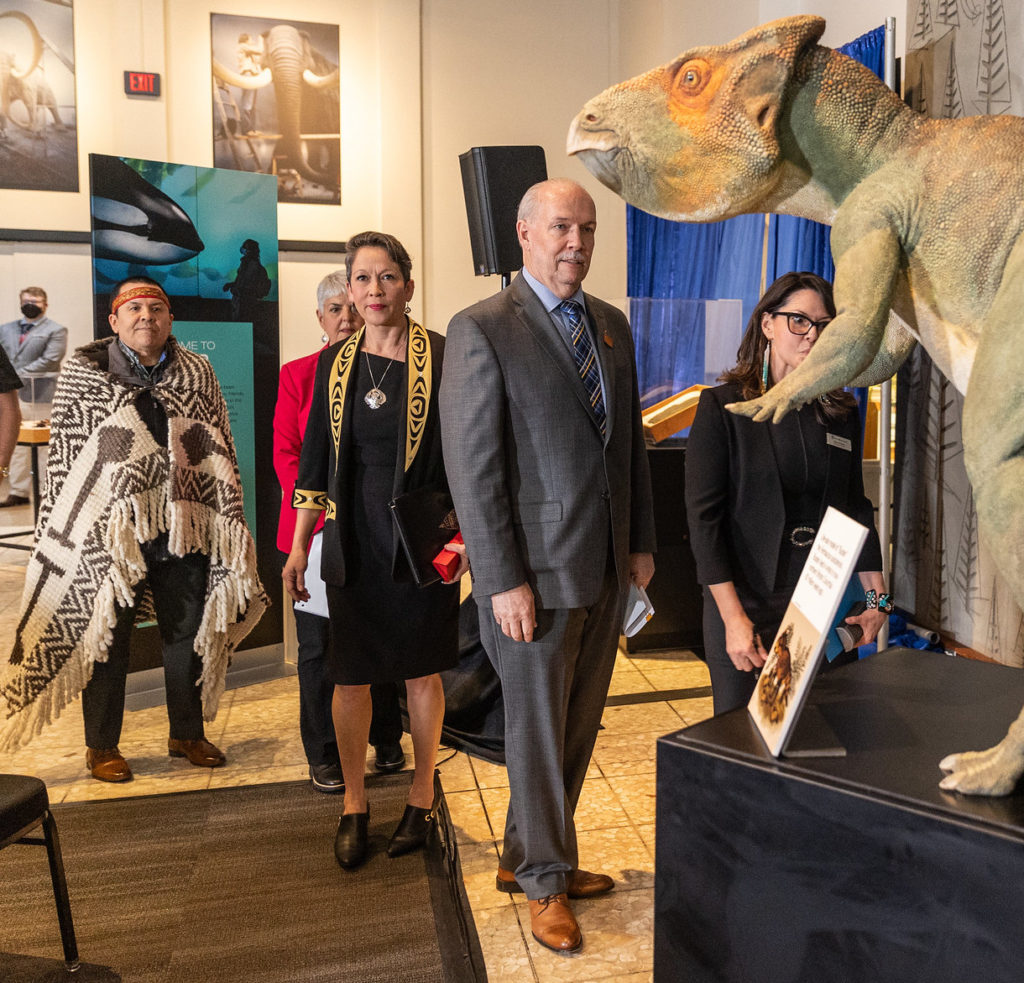
Premier John Horgan (centre) at the Royal B.C. Museum on May 13 (BC Gov)
In late-April, Conibear registered to lobby the NDP government for help in creating the bid concept. But he governing party is showing it has other priorities on the road to 2030.
On May 13, Horgan and Tourism Minister Melanie Mark made a reconciliation-themed announcement of the second phase of the $1 billion project to rebuild the Royal B.C. Museum in time for 2030.
Officials have met with the COC and Canadian Paralympic Committee, but the Ministry said in a prepared statement that there is no financial support for the bid.
“Events of this magnitude require detailed plans regarding operations; infrastructure feasibility and requirements; support service requirements; local participation and inclusion of Indigenous communities; and a full assessment of potential risks and mitigation strategies,” read the statement. “The Ministry of Tourism, Arts, Culture and Sport look forward to receiving more information from the Canadian Olympic Committee and Canadian Paralympic Committee on the feasibility of the games so we can make a decision that is in the best interest of British Columbians. At this time the province is still receiving information on the process and has committed no funds to the project.”
Appetite for another Games in Vancouver has fallen. Last October, a ResearchCo poll for Glacier Media found only 43% of respondents supported another bid, down 17 points from early 2020. The IOC’s decision to go ahead with the Beijing Games in the face of the pandemic and an international diplomatic boycott over China’s human rights abuses was unpopular in ResearchCo’s February poll that found almost half of respondents weren’t going to watch this year’s Winter Games. Indeed, TV ratings were dismal.
Pitching a multibillion-dollar mega-event right now could be like trying to ski uphill.
Metro Vancouver has a long list of social challenges, including the lingering pandemic, homelessness, addiction and lack of middle-class housing supply. There is increased economic pressure on inflation-weary taxpayers, who are already on the hook for transportation, hospital, sewage and climate-related infrastructure projects.
Vancouver City Hall staff have a busy events calendar that will require white collar and blue collar assistance. Promoters of the canceled 2022 Formula E race say they’ll try again for 2023. Prince Harry’s Invictus Games for wounded warriors are coming in 2025 to Vancouver and Whistler. Vancouver awaits FIFA’s decision on whether B.C. Place will host as many as five games during the 2026 World Cup — expected to cost taxpayers $260 million.
Coun. Colleen Hardwick is running against Stewart for the mayoralty. She tabled a motion in April proposing that voters decide the fate of the bid in October’s civic election, just like they did in a standalone vote in 2003. Hardwick said it is premature to bid on another Olympics, when the VANOC board minutes and finances are sealed from the public at the Vancouver City Archives until 2025. Hardwick’s motion did not proceed when no one else on council stepped forward to second her motion.
The door on democracy is closed for now, but it is not locked. In an April statement, Stewart’s office said City Hall was waiting for June’s submission of the Games concept, which would trigger a staff report to council on whether to move forward with the bid. “At that time, council may decide to schedule a community vote or other engagements with residents.”
An important venue change
Sun Peaks is more than 400 kilometres from Vancouver and doesn’t fit the goal of a compact Games.
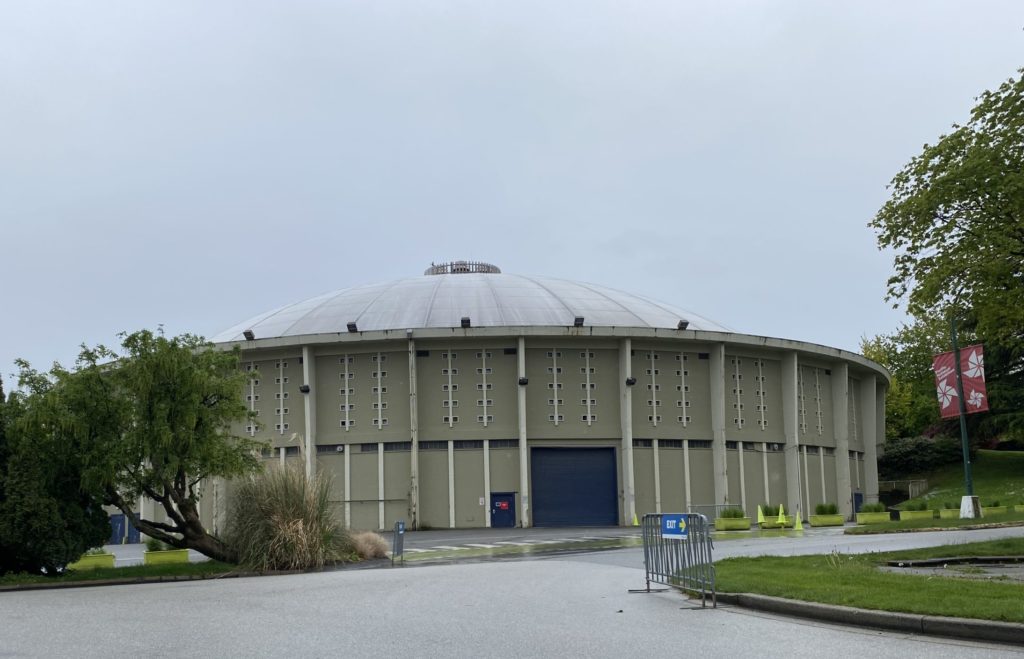
PNE Agrodome (Mackin)
The home mountain of Grenoble 1968 skiing gold medallist Nancy Greene-Raine hosted the 2010 training camp for the Austrian ski team and would give 2030 organizers two types of certainty.
Crews were already having difficulty in late 2009 building a temporary stadium on the hillside at Cypress Mountain to accommodate spectators for the snowboard halfpipe. Then, a month before the opening ceremony, an El Niño weather pattern turned snow to slush. Helicopters moved snow from elsewhere in the mountains. A fleet of heavy duty trucks was dispatched to deliver loads of snow from Allison Pass near Manning Park, more than 200 kilometres away.
During the Games, fog and rain played havoc with competition schedules and the long and winding road to the venue was trouble for the buses chartered from American companies. IOC members thought Cypress was cursed. They even gave it a nickname that many Canadians would find even more offensive today than in 2010: “Indian burial ground.”
More than a week after the Games, when the athletes, IOC bigwigs and world media were long gone, winter weather resumed.
Nonetheless, it had been the most-successful snow venue for Team Canada, beginning with Alex Bilodeau in moguls, the first Olympic gold medal won by a Canadian at home, and continuing with championships for Ashleigh McIvor (ski cross), Maelle Ricker (snowboardcross) and Jasey-Jay Anderson (snowboard parallel giant slalom).
The other type of certainty is history. Sun Peaks is celebrating 60 years of going downhill.
A more convenient option would be the Garibaldi at Squamish Resort planned for Brohm Ridge, 13 kilometres from Squamish. But it’s still a matter of “if and when.”
The Aquilini Development/Northland Properties project, of which the Squamish Nation holds 10% interest, wants to open by late 2028. Last year, the Environmental Assessment Office extended the deadline to satisfy all regulatory conditions and begin construction to January 2026.
For the Pacific National Exhibition, the 2030 Games would be the ultimate winter fair.
The 2030 Games would be the Agrodome’s second chance to be an Olympic venue. It was supposed to be renovated as a 2010 training venue, but was the victim of cutbacks when VANOC caught budget overruns after 2006.
Mark Twain said history doesn’t repeat, it rhymes. Big air at the racetrack would be a short walk from where a temporary ski jump was built in 1958 for a B.C. centennial tournament at Empire Stadium. Four years earlier, in 1954, that was the site of B.C.’s first mega-event, the British Empire and Commonwealth Games, known for Roger Bannister and John Landy’s Miracle Mile.
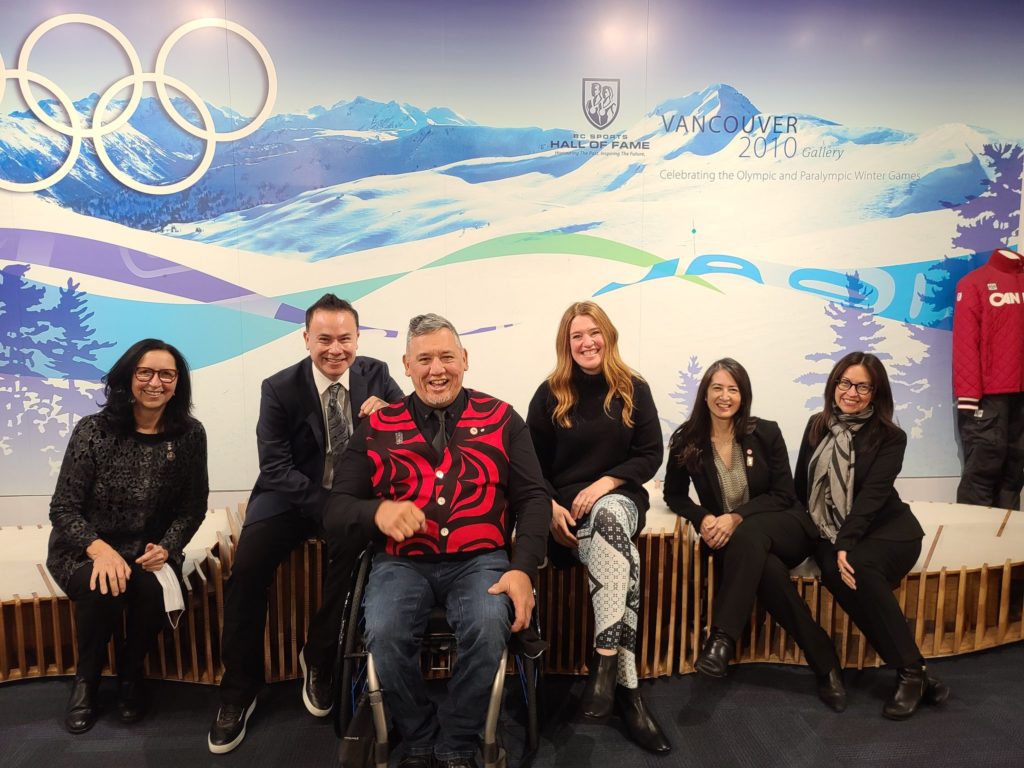
Canadian Olympic Committee president Tricia Smith (left) and Four Host First Nations executive director Tewanee Joseph (second from left) and Canadian Olympic speedster and cyclist Clara Hughes (third from left) at the Dec. 10 bid exploration announcement (Twitter/Tewanee Joseph)
Worth the effort?
Salt Lake City stands in the way of Vancouver 2030. Its bid boosters got started more than a year earlier, after Calgarians voted against a 2026 bid.
In late 2018, the United States Olympic Committee named Salt Lake City to bid for a future winter games. Fraser Bullock, who was second-in-command for the 2002 organizing committee, is leading the Salt Lake City-Utah Committee for the Games, which is actively campaigning for community support. A report from the University of Utah’s business school released May 17 estimated the 2030 Games would bring the state US$3.9 billion in economic activity spread over seven years.
Bullock, who was part of the IOC subcommittee that oversaw Vancouver 2010, has already said Salt Lake 2030 would cost US$2.2 billion, including US$23.15 million for venue upgrades. The Deseret News in Salt Lake City reported that the bid committee is negotiating to secure 17,000 hotel rooms and plans to accommodate athletes at the University of Utah.
The biggest hurdle for Salt Lake City might be Los Angeles hosting the 2028 Summer Games. But the IOC’s geographic rotation is no longer strict, as evidenced by holding three Games in Asia from 2018 to 2022. U.S. broadcast giant NBC is the IOC’s biggest single source of funding and the Peacock Network’s current $7.75 billion contract ends in 2032 — 30 years after Salt Lake City held the last Winter Games on U.S. ice and snow.
“Yes, we aspire to 2030 but we recognize that everything has to line up for that to happen,” Bullock said in the Deseret News. “And if that doesn’t happen, we certainly would aggressively pursue 2034.”
Support theBreaker.news for as low as $2 a month on Patreon. Find out how. Click here.
Bob Mackin Details are emerging of the 2030






